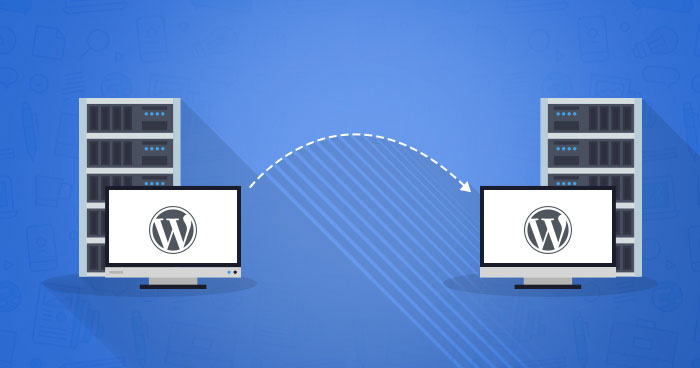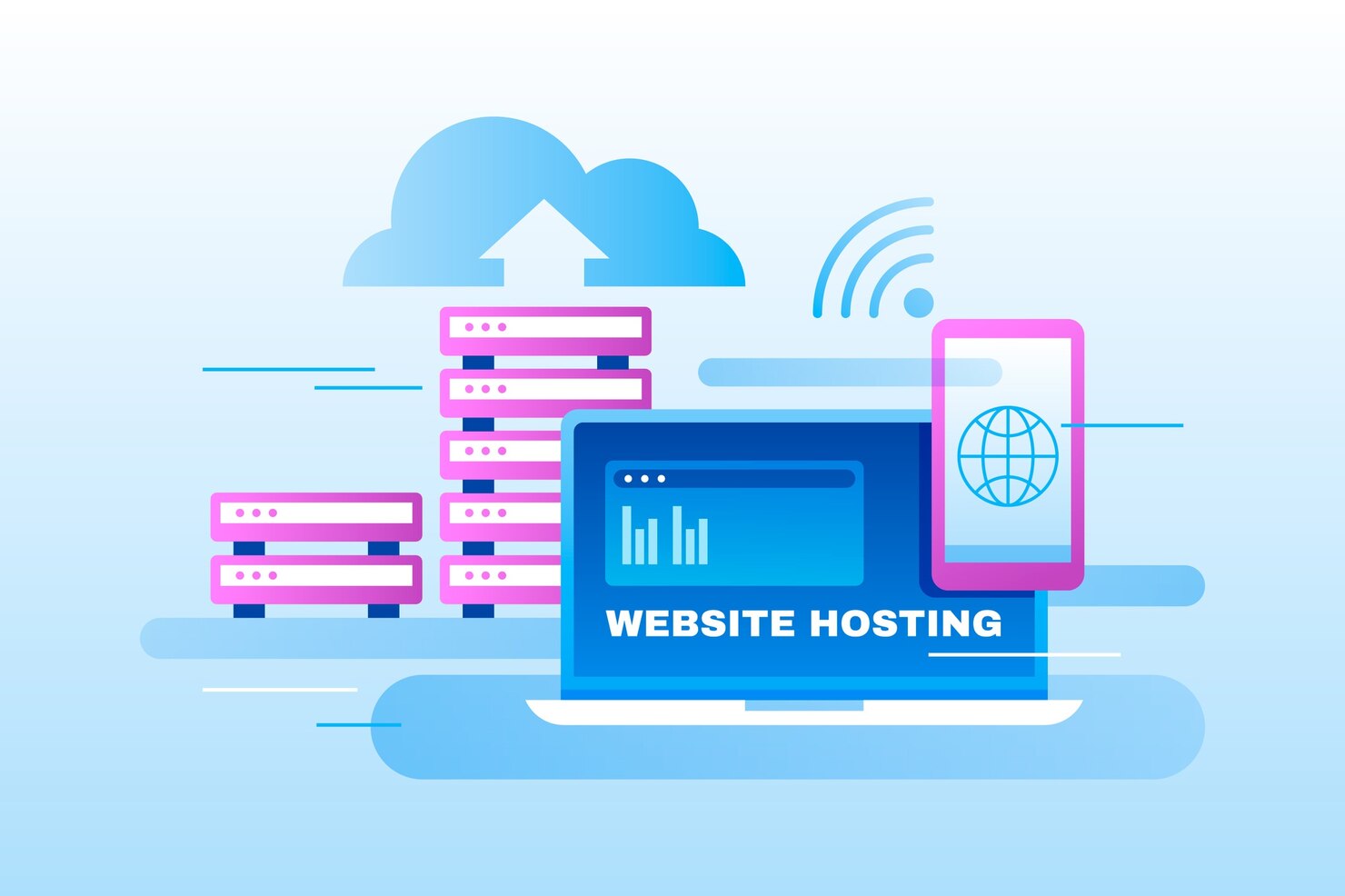Content Delivery Networks (CDNs) play a pivotal role in modern web hosting by optimizing website performance, ensuring faster content delivery, and enhancing the overall user experience. Here’s an in-depth look at the functions and benefits of CDNs in the hosting ecosystem.
What is a CDN?
A Content Delivery Network (CDN) is a distributed network of servers strategically positioned around the world. These servers, often referred to as edge servers or PoPs (Points of Presence), work in tandem to accelerate web content delivery to end-users. The key functions of a CDN include:
- Caching: CDNs store a cached copy of a website’s content on multiple servers across various geographic locations. This enables them to deliver content quickly to users based on their proximity to the nearest server.
- Load Balancing: CDNs distribute incoming traffic across their network of servers, balancing the load and preventing any single server from becoming overwhelmed. This enhances website performance and reliability.
- Content Optimization: CDNs can automatically optimize images, videos, and other content for faster delivery, reducing load times and conserving bandwidth.
- Security: Many CDNs offer security features like DDoS protection, web application firewalls, and bot mitigation to safeguard websites from online threats.
The Role of CDNs in Hosting
- Improved Website Speed: CDNs reduce latency by serving content from a server closest to the user. This minimizes the time it takes for content to travel over the internet, resulting in faster load times and a better user experience.
- Scalability: CDNs provide the scalability needed to handle traffic spikes. During periods of high demand, CDNs can distribute traffic across their network, ensuring your website remains responsive.
- Global Reach: CDNs have servers in various regions, allowing websites to serve a global audience effectively. This is particularly valuable for businesses with an international presence.
- Redundancy and Reliability: CDNs offer redundancy, ensuring that if one server fails, another can take over, minimizing downtime. This enhances website reliability and availability.
- Bandwidth Savings: CDNs reduce the load on your primary web hosting server by delivering cached content. This can lead to significant cost savings, particularly if your hosting provider charges based on bandwidth usage.
- Security Enhancement: CDNs often include security features that protect websites from various online threats, such as DDoS attacks and bot traffic.
- SEO Benefits: Faster load times, enabled by CDNs, can improve a website’s search engine rankings. Search engines like Google consider page speed as a ranking factor.
Selecting a CDN
When choosing a CDN for your hosting setup, consider the following factors:
- Coverage: Ensure the CDN has servers in locations relevant to your target audience.
- Features: Assess the security and optimization features offered by the CDN.
- Cost: Evaluate pricing, as some CDNs charge based on usage.
- Integration: Ensure that the CDN is compatible with your hosting provider and content management system (e.g., WordPress, Drupal).
- Support: Consider the level of customer support and documentation the CDN provider provides.
Conclusion
In conclusion, CDNs are a valuable asset in the hosting ecosystem, enhancing website performance, scalability, and security. They are particularly beneficial for websites with global audiences, e-commerce sites, and businesses that require high availability and reliability. By effectively leveraging CDNs, website owners can provide a faster and more reliable user experience while also benefiting from cost savings and enhanced security.





